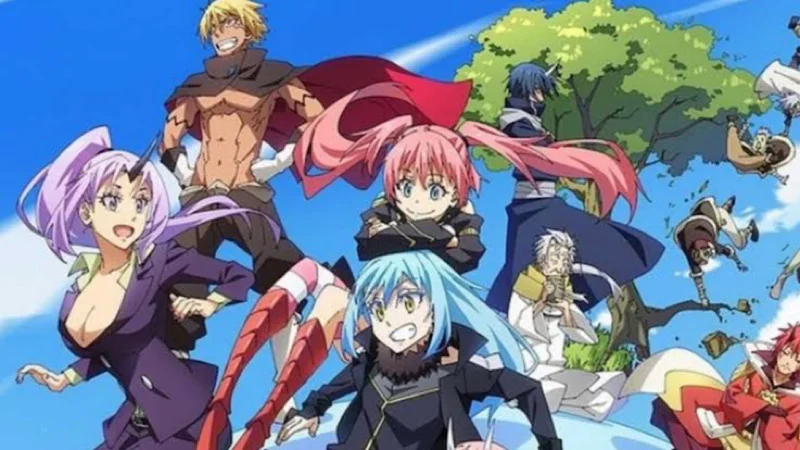In a testament to the growing influence of anime and manga on global culture, the Oxford English Dictionary (OED) has added the term “isekai” to its prestigious lexicon. This move, which has garnered significant attention online, underscores the mainstream popularity and impact of the isekai genre within the entertainment industry.
Isekai, a Japanese genre of science or fantasy fiction, revolves around protagonists who are transported to or reincarnated in different, strange, or unfamiliar worlds. Often set in high fantasy realms, these stories follow the journey of characters as they navigate their newfound environments, encountering magical creatures, fantastical landscapes, and embarking on epic adventures.
The inclusion of “isekai” in the OED reflects the genre’s rise to prominence and its widespread recognition among anime enthusiasts worldwide. Despite its prevalence within anime and manga circles, the addition of “isekai” to a respected English dictionary signifies a significant milestone for the genre and its impact on popular culture.
One key factor contributing to the popularity of isekai is its appeal to audiences seeking escapism and adventure. By immersing viewers in fantastical worlds filled with magic and wonder, isekai narratives offer a unique form of entertainment that allows fans to vicariously experience thrilling adventures through the eyes of relatable protagonists.
Moreover, the success of isekai extends beyond anime and manga, encompassing light novels and manga adaptations that have garnered widespread acclaim and commercial success. Works such as “That Time I Got Reincarnated as a Slime” and “My Next Life as a Villainess: All Routes Lead to Doom!” have achieved remarkable popularity, further solidifying the genre’s place within the global entertainment landscape.
While the isekai genre is often associated with tropes and conventions that may lead to oversaturation, its enduring popularity demonstrates its enduring appeal to audiences worldwide. By celebrating the inclusion of “isekai” in the OED, fans and enthusiasts alike recognize the genre’s cultural significance and its role in shaping contemporary storytelling.
As anime and manga continue to captivate audiences around the world, the recognition of “isekai” by esteemed institutions like the Oxford English Dictionary serves as a testament to the genre’s enduring legacy and its enduring impact on popular culture.
FAQ
What is the isekai genre?
The isekai genre is a Japanese genre of science or fantasy fiction that features protagonists who are transported to or reincarnated in different, often fantastical worlds. These stories typically follow the journey of characters as they navigate their new environments and embark on epic adventures.
Why is the inclusion of “isekai” in the Oxford English Dictionary significant?
The addition of “isekai” to the Oxford English Dictionary reflects the genre’s mainstream popularity and cultural impact. It signifies recognition of the genre’s influence within the entertainment industry and its widespread acceptance among audiences worldwide.
What are some popular examples of isekai works?
Popular examples of isekai works include “That Time I Got Reincarnated as a Slime,” “Sword Art Online,” “Re:Zero − Starting Life in Another World,” “Overlord,” and “No Game No Life,” among others. These works have garnered widespread acclaim and have contributed to the genre’s popularity.
What makes isekai appealing to audiences?
Isekai stories offer audiences a sense of escapism and adventure by immersing them in fantastical worlds filled with magic, monsters, and epic quests. The genre allows viewers to vicariously experience thrilling adventures through the eyes of relatable protagonists, making it a popular choice for fans seeking engaging storytelling.
